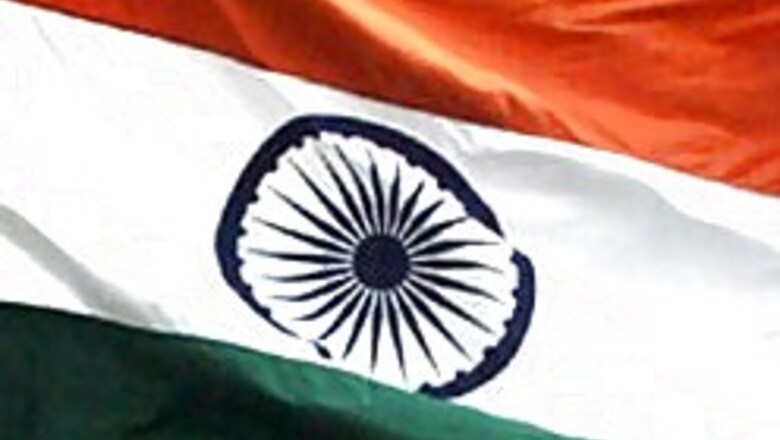
181
views
views
Key facts about the group which will decide the fate of Indo-US nuke deal.
The Nuclear Suppliers Group met in Vienna on Thursday in another attempt to agree terms for lifting a ban on trade with India to help finalise New Delhi's nuclear cooperation deal with Washington.
Here are some facts about the NSG:
- It is a 45-nation cartel that controls trade in "dual-use" nuclear fuel, materials and technology to ensure they are applied only to civilian nuclear energy programmes, not diverted into clandestine nuclear weapons work.
- The NSG was formed in reaction to India's shock 1974 nuclear test explosion, using reactor technology provided by Canada in the 1950s supposedly for peaceful energy development.
- Group policy has been to do business only with countries belonging to the nuclear Non-Proliferation Treaty -- the only outsiders are India, Pakistan and Israel -- and permitting "full-scope" inspections by the U.N. nuclear watchdog.
- The NSG website says: "(We seek) to contribute to the non-proliferation of nuclear weapons through the implementation of guidelines for nuclear exports and nuclear related exports. NSG guidelines are implemented by each participating government in accordance with its national laws and practices. Decisions on export applications are taken at the national level in accordance with national export licensing requirements."
- In 2002, NSG export controls were updated to help prevent the threat of nuclear terrorism as well.
- NSG members are: Argentina, Australia, Austria, Belarus, Belgium, Brazil, Britain, Bulgaria, Canada, China, Croatia, Cyprus, Czech Republic, Denmark, Estonia, Finland, France, Germany, Greece, Hungary, Ireland, Italy, Japan, Kazakhstan, Latvia, Lithuania, Luxembourg, Malta, Netherlands, New Zealand, Norway, Poland, Portugal, Romania, Russia, Slovakia, Slovenia, South Africa, South Korea, Spain, Sweden, Switzerland, Turkey, Ukraine and the United States.
- The cartel normally has one annual plenary meeting and decisions are made by consensus only. Members can also hold consultative sessions. The NSG has no permanent office and details of its deliberations are kept confidential.
- The 2008-09 NSG chairman is Germany.




















Comments
0 comment